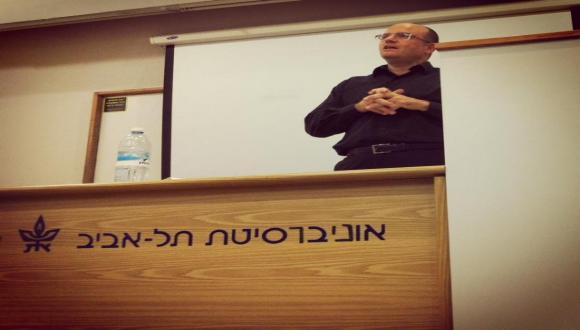MA
Studies towards the MA degree provide students with in-depth knowledge of theoretical models and research methods in a variety of subdomains of current theoretical linguistics, including phonetics and phonology, syntax, formal semantics, pragmatics, computational linguistics, psycholinguistics, neurolinguistics and language acquisition. Our MA program encourages critical evaluation of theoretical proposals and original empirical research. It enables students to specialize in a chosen subdomain of linguistics with the aim of conducting empirical research, leading to a master's thesis. The MA program prepares students for doctoral studies in theoretical linguistics, or for careers outside of academia where knowledge of linguistics is fundamental, such as hi-tech industries (in development of algorithms for machine translation, database search, speech recognition, text analysis etc.), clinical applications involving neurogical and other language and speech disorders, second language teaching, education and others.
The Department offers two study tracks:
1. Research Track: Studies provide students with in-depth knowledge in the various subdomains of theoretical linguistics, and prepare them for specialization and research in one of these domains. Students write an MA thesis in their area of specialization.
2. Theoretical Track: Studies provide students with in-depth knowledge in the various subdomains of theoretical linguistics, but do not lead to an MA thesis. Students who have completed their studies in the theoretical track and wish to register for PhD studies in the department will have to submit an MA thesis.
For more details (in Hebrew), see admission, study tracks, and MA courses.
MA advisor: Prof. Tal Siloni


